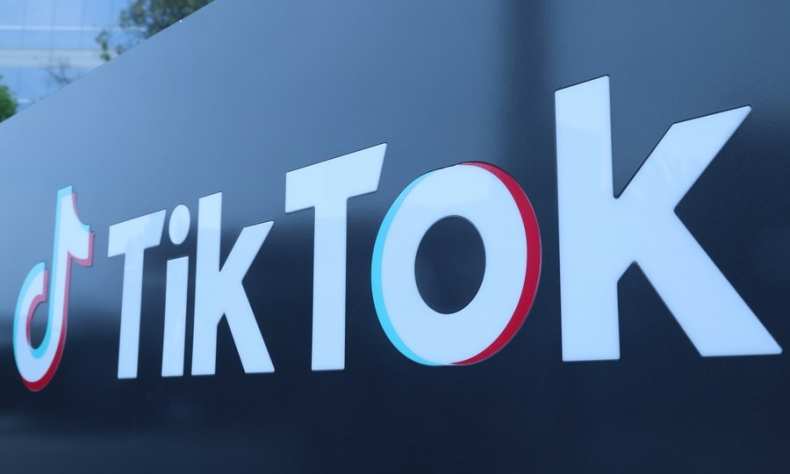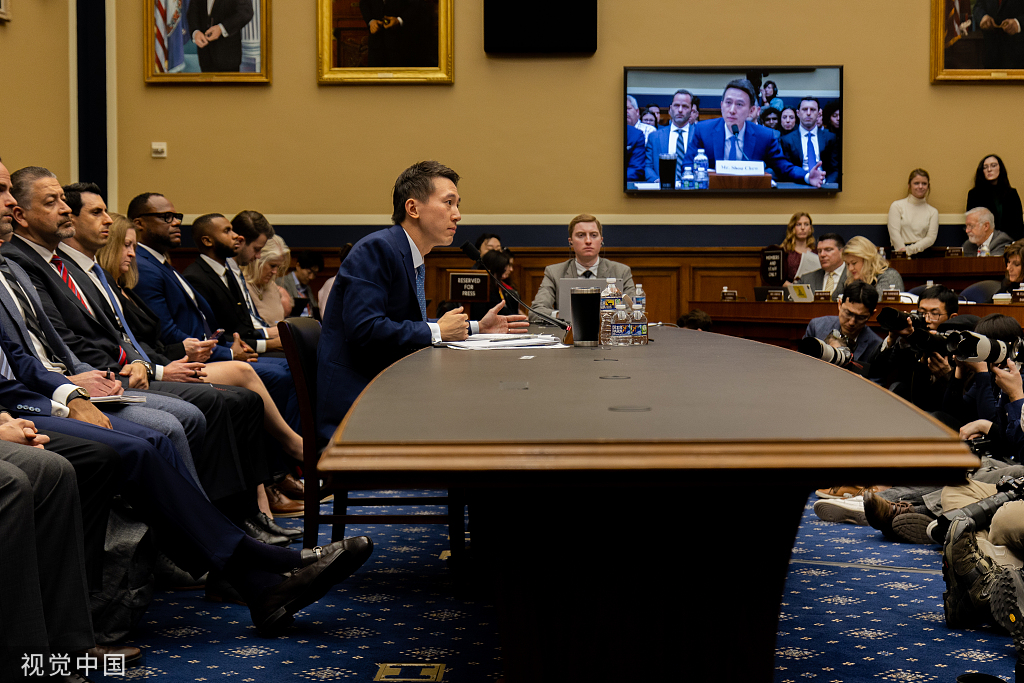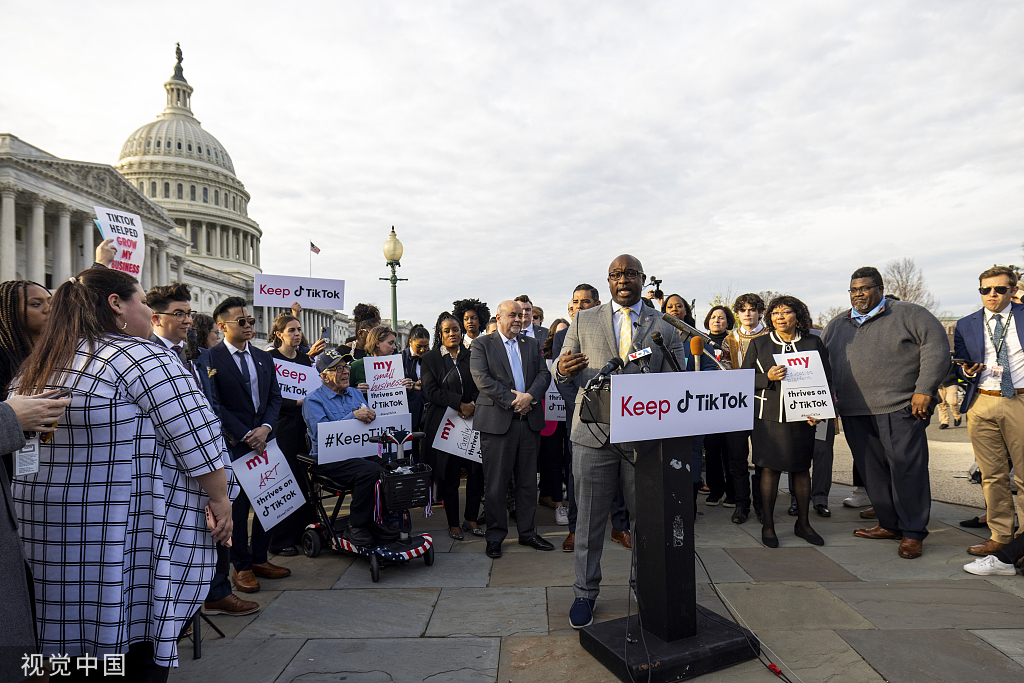TikTok, Goes the Clock

Chew’s testimony and the questions he was asked show how the clock is TikToking for American politicians to get their facts straight as anxiety over the app blends across cultural, geopolitical and cybersecurity realms in uneasy and unresolved ways.
For Shou Zi Chew, who has served as CEO of the massively popular short video app TikTok since 2021, March 23 was a tough day. During a five-hour hearing of the U.S. House Committee on Energy and Commerce, more than 50 lawmakers from both the Republican and Democratic parties grilled him on the app’s data privacy and child protection.
Although Chew showed professionalism and decorum, his sincerity did not seem to quell the many concerns of American lawmakers about TikTok’s meteoric growth and whether data from U.S. users could end up in the hands of the Chinese Government through its Beijing-based owner, ByteDance—which also operates the app’s Chinese counterpart, Douyin.
Concerns that the Chinese Government could be using TikTok to influence American users or control their devices are nothing new. For example, in 2020, then President Donald Trump already tried to impose a total ban on the app, citing “national security concerns,” and late last December, Joe Biden’s administration approved an unprecedented ban on the use of TikTok on federal government devices.
Yet there is no evidence to prove the Chinese authorities have any such abilities or intentions. Chew also repeatedly emphasized at the hearing that ByteDance is just a private enterprise and not an agent of any country.

Perhaps it’s because the U.S. itself has always excelled at using the power of media to influence political trends in other countries, that the American politicians are now very worried about this kind of practice backfiring. Especially at a time when they generally consider China a “threat” to the “economic wellbeing and democratic values” of their country.
Since its launch in May 2017, TikTok has become available in more than 150 countries, registering over 1 billion users. According to the company, in the U.S. alone, the number of monthly active users had reached 150 million as of February, accounting for nearly half of the country’s total population.
The average daily time U.S. users find themselves on the app is also gradually surpassing the average daily time an American adult spends on social media platforms developed by local companies, such as Facebook, Twitter, Instagram and YouTube, according to Statista.com.
American-made social media platforms have long sought to present themselves as venues for unfettered free expression. But at present, almost all major ones do not guarantee this “freedom.” In addition to the fact that the content policies of these platforms strictly abide by the American “politically correct” game rules, for those posts that they deem do not conform to the U.S. ideology, the platforms limit their traffic or directly ban the accounts involved. For example, on June 11, 2020, Twitter shut down more than 170,000 accounts at once on the grounds that they were “spreading geopolitical narratives favorable to the Communist Party of China.”

The real significance of TikTok is that it mainly serves as a window for Americans to observe the real lives of people in other parts of the world and also allows them to obtain domestic news more swiftly. In November last year, Pew Research found 26 percent of U.S. adults under the age of 30 regularly got their news on TikTok—a number that had already tripled from 3 percent in 2020 to 10 percent in 2022.
When, on February 3 this year, a train carrying hazardous materials, including cancer-causing vinyl chloride, derailed in East Palestine, Ohio, many Americans first learned about the accident through the app’s short videos. The platform played a vital role in spreading information and helped bring the railway incident, and the numerous corporate and government actors who helped cause the crisis, to the center of national scrutiny.
This was a prime example of something American politicians would’ve rather not had out there for the world to see. External interference, violation of user privacy and adverse effects on young users are simply excuses to accuse TikTok of being a “national security threat.”
Chew’s testimony and the questions he was asked show how the clock is TikToking for American politicians to get their facts straight as anxiety over the app blends across cultural, geopolitical and cybersecurity realms in uneasy and unresolved ways.
 Facebook
Facebook
 Twitter
Twitter
 Linkedin
Linkedin
 Google +
Google +










